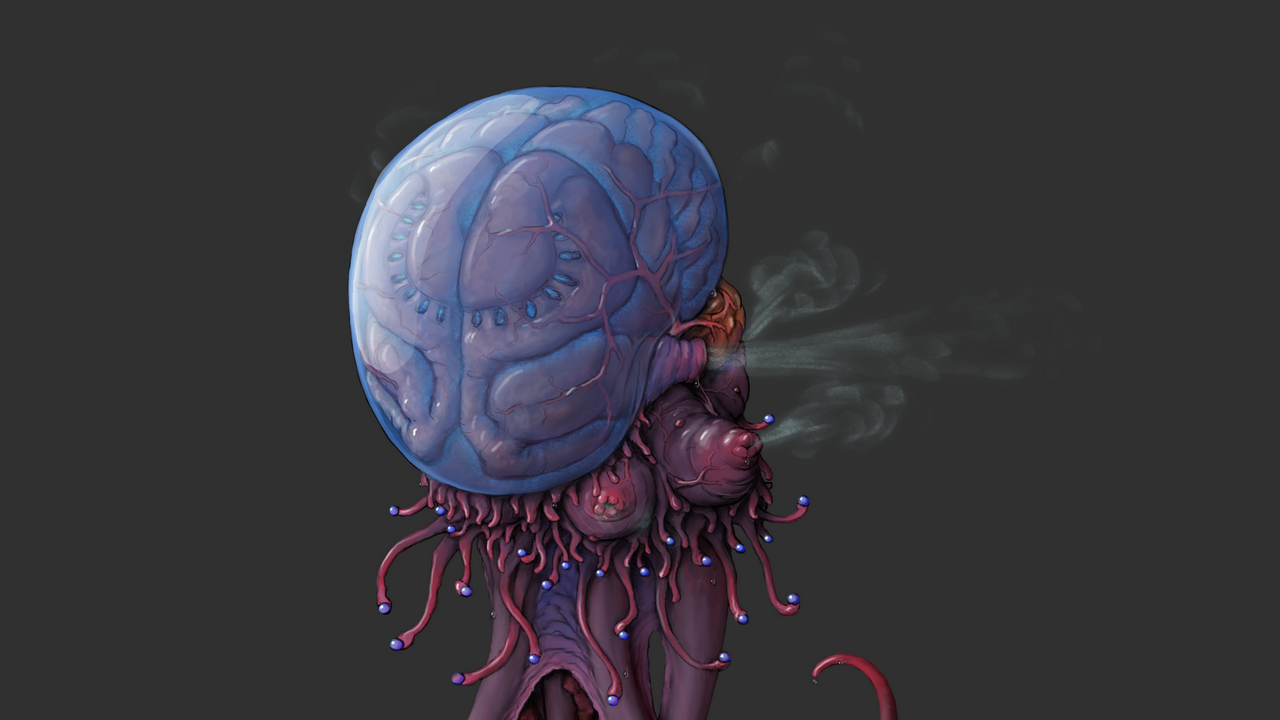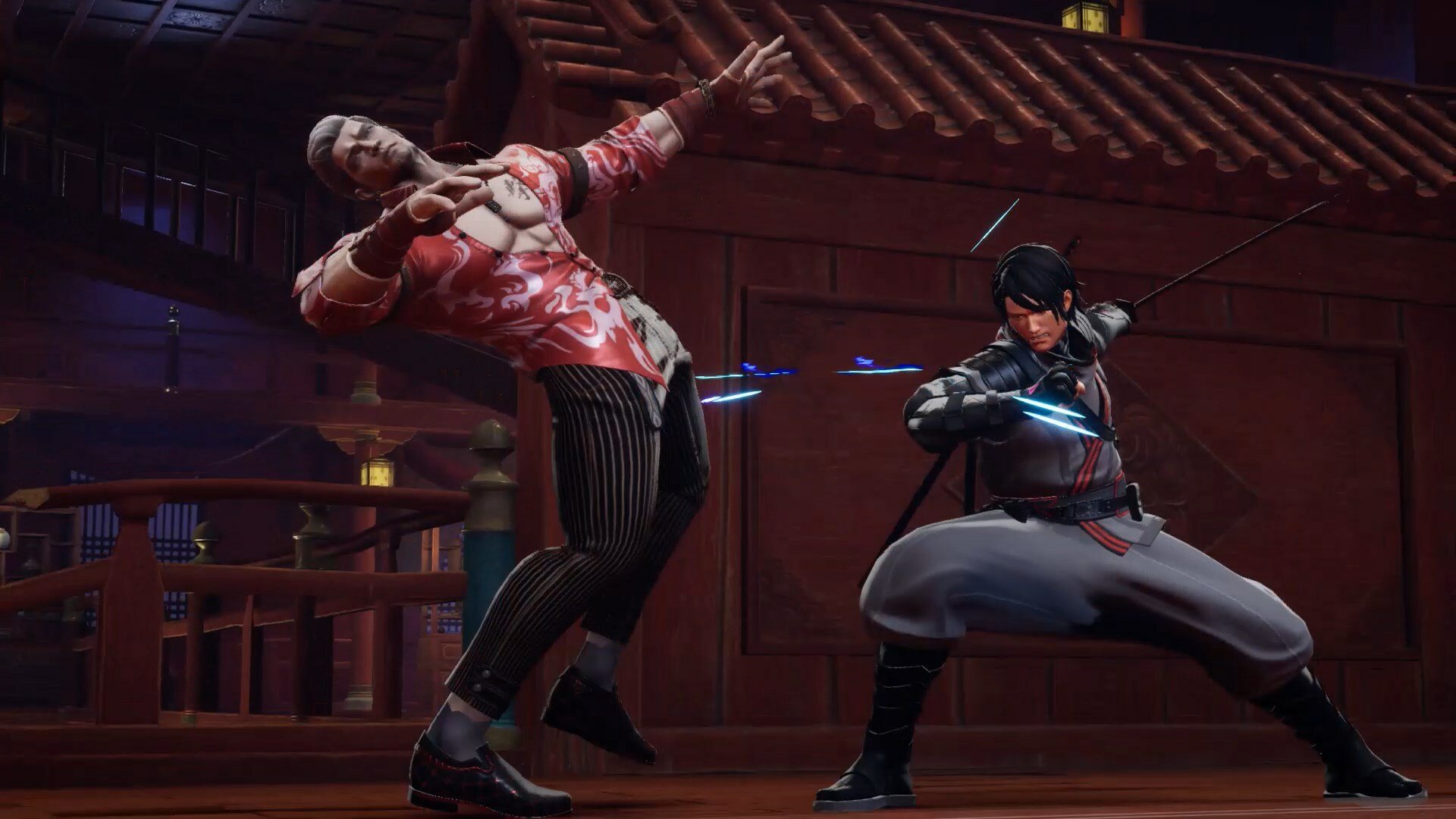The Assassin’s Creed series is well-known for its historical settings and stories, but the modern-day narratives that have typically played a supporting role are also a crucial part of the franchise’s identity. From the very first game, Assassin’s Creed has taken the interesting tack of justifying in-game mechanics and UI through the concept of the Animus, a virtual construct that allows modern-day characters to explore past identities and adventures. The recent title Assassin’s Creed Mirage skipped out on the tradition, but Assassin’s Creed Nexus VR stuck to the formula and made some interesting use of the VR headset.
While even the weakest historical stories in Assassin’s Creed still offer interesting sights to see and characters to meet, the modern-day entries have more of an uphill battle to attract interest. Assassin’s Creed Animus users don’t tend to have the honed skills of ancestral Assassins, and the more minor presence in the overall runtime gives them less room to develop complexities. Even so, the series has managed to score some hits, with the best modern-day stories standing head-and-shoulders above the ones that never justify themselves as anything more than filler.
Assassin’s Creed 4: Black Flag took on the unenviable task of moving the modern-day story past Desmond, and it didn’t fully succeed in delivering a comparable replacement. To its credit, however, it did try some entirely new ideas, with a new angle on Abstergo and a bit more meta-commentary on Ubisoft itself, providing a substantially different overall feel. It’s easy to blame Black Flag for the sidelining of modern-day stories in subsequent games, but its willingness to try something new has to be worth something.
Assassin’s Creed Nexus VR isn’t necessarily an obvious choice for one of the better modern-day storylines, as the actual plot isn’t much more than a framework for the segmented mission structure. There’s also no real gameplay outside the Animus, with a few basic grid-based puzzles providing the only notable diversion. The big difference, however, is the VR format, which taps into the idea of the Animus in a way that the series has always begged for. A few cool moments play with that concept in a way that’s more memorable than most modern-day Assassin’s Creed material, with an especially memorable ending sending things off on a high note.
The modern-day stories of Assassin’s Creed have mostly been frustrating since the conclusion of Desmond’s original story arc, bouncing around between half-formed ideas and generally taking on a sidelined role. Assassin’s Creed Valhalla actually feels like something of a return to form, focusing on interesting characters and advancing the plot instead of spinning its wheels. The ending was especially exciting, shaking things up in an energizing way, although whether Ubisoft capitalizes on that momentum in the long run remains to be seen.
2023-12-21 21:41:04
Link from screenrant.com
rnrn



















